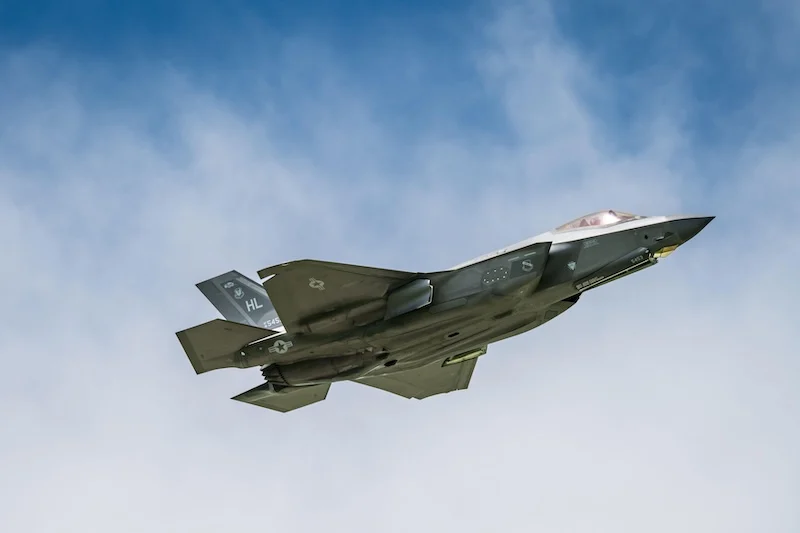Turkey Eyes Massive Boeing & Lockheed Deals with $10B Local Production Push

Turkish President Recep Tayyip Erdoğan is reportedly planning to order hundreds of Boeing airliners and Lockheed Martin fighter jets, while pushing for more than US$10 billion in local production and industrial offset deals, according to a Bloomberg report.
These agreements still require approval from U.S. President Donald Trump, and are expected to be discussed when Erdoğan visits the White House on September 25, 2025.
Erdoğan has confirmed the F-35 talks will be on the agenda. This move would include a significant F-16 deal and continued negotiations over Turkey’s interest in returning to the F-35 Joint Strike Fighter program—after being removed in 2019 over its purchase of Russian S-400 missile systems.
In addition to its planned military purchases, Turkey is reportedly seeking a major order of Boeing commercial aircraft, with Turkish Airlines expected to play a central role. According to multiple sources, the flag carrier could sign an agreement for as many as 250 new Boeing jets, making it one of the largest single orders in the airline’s history. The prospective deal is said to include both narrow-body aircraft such as the Boeing 737 MAX and wide-body models like the 787 Dreamliner. Turkish Airlines already operates an extensive Boeing fleet—including 787-9 Dreamliners, 777-300ERs, and 737-900ER, 737 MAX aircraft and this expansion would further strengthen its long-haul and regional operations while modernizing its existing fleet.
Along with the aircraft deals, Erdoğan is pushing for local production deals: manufacturing, maintenance, spare part production, and potentially co-assembly of some U.S. jet components in Turkey.
These proposed deals follow years of tension between Ankara and Washington. The 2019 acquisition of the S-400 missile defense system prompted U.S. sanctions and Turkey’s exclusion from the F-35 program. Since then, Turkey has pursued upgrades to its F-16 fleet and explored alternatives such as the Eurofighter Typhoon jets.
Supporters of the reported plan believe the local production component is key—not only for economic growth and Turkish industry, but also as a bargaining chip that may allow Ankara to lift existing U.S. sanctions and regain access to advanced U.S. military platforms. Critics, however, warn that achieving agreement will hinge on resolving trust and security concerns in Washington, especially regarding the S-400 issue and prior program expulsions.
If approved, these deals could reshape both Turkish military capabilities and its commercial aviation fleet, strengthening Turkey’s long-term regional influence and industrial self-reliance.
Related News: https://airguide.info/?s=boeing, https://airguide.info/?s=Lockheed, https://airguide.info/?s=turkish+airlines
Sources: AirGuide Business airguide.info, bing.com, reuters.com, bloomberg.com, ETInfra.com
